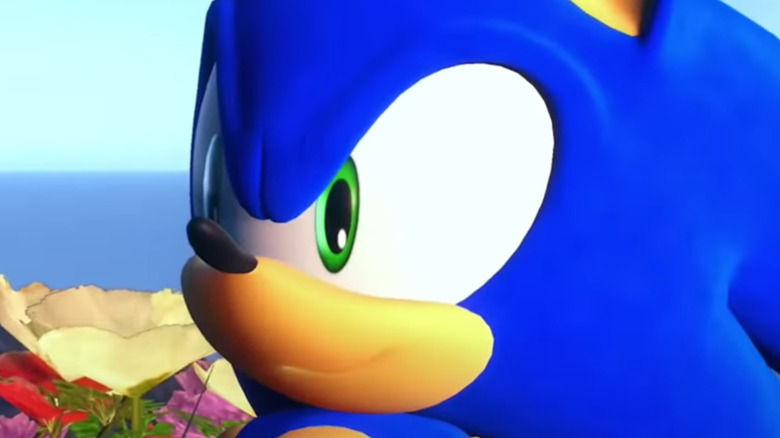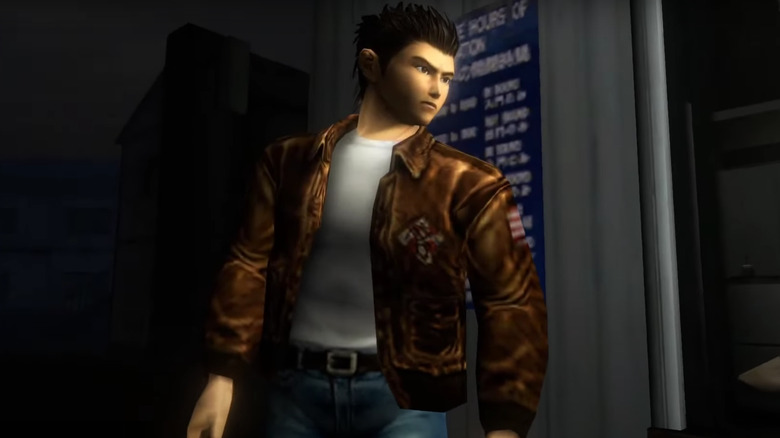Hirokazu Yasuhara Is Pretty Sure This Is Why The Dreamcast Failed
While it might be hard for more modern gamers to believe, Sega was once one of the biggest names in the business. In fact, though they still rage on the battlefields of Twitter daily, the original console wars were between Nintendo and Sega. Given that the Switch has become a fixture in many homes, you can probably figure out which company went on to win the conflict (via Business Insider).
Nintendo may have come out on top, but the two gaming giants once fought tooth and nail for even the smallest advantage. Unfortunately for Sega, its final console, the Sega Dreamcast, ended in failure. Though the system had many heavy-hitting exclusives like "Resident Evil: Code Veronica," "Powerstone," and "Shenmue" at the time, they weren't enough to keep it alive, forcing the former hardware behemoth to pivot to a software-only business model in 2001.
So, what went wrong? To celebrate the 20th anniversary of the Sega Dreamcast, Game Developer put together a lineup of interviewees that included Hirokazu Yasuhara. Yasuhara has worked on a long list of projects, including multiple "Sonic the Hedgehog" entries, making Yasuhara a voice worth hearing in terms of why the last system from Sega died such an ignoble death.
Yasuhara points to 'internal political problems' for the Dreamcast's failure
Hirokazu Yasuhara offered more than one reason as to why he thinks the Sega Dreamcast may have flopped, but internal hardware design ended up first on his list. "It had almost the same 'power' of PS. But SEGA still kept the '2D sprite' function in it. It was a bad point for rendering polygon objects," Yasuhara explained to Game Developer. "If the Dreamcast were designed as a dedicated polygon machine, we would see a different future."
The game development veteran may have been on to something there. Hardware design can take a company down a peg, as evidenced by the results of Nintendo's choices for the Virtual Boy, N64, and GameCube (via TechRadar). Still, Yasuhara seemed to think that Sega was ultimately in too much turmoil to succeed with the Dreamcast, with the hardware bearing little (if any) of the actual blame. "Sega tried to change its political power structure from the inside. So, employees weren't [united] to fight against rival companies," Yasuhara concluded. "Sony would look like a much more credible partner if I were an individual development studio at the time ... The hardware was just unlucky, it doesn't have any responsibility for its supposed 'failure.'"


